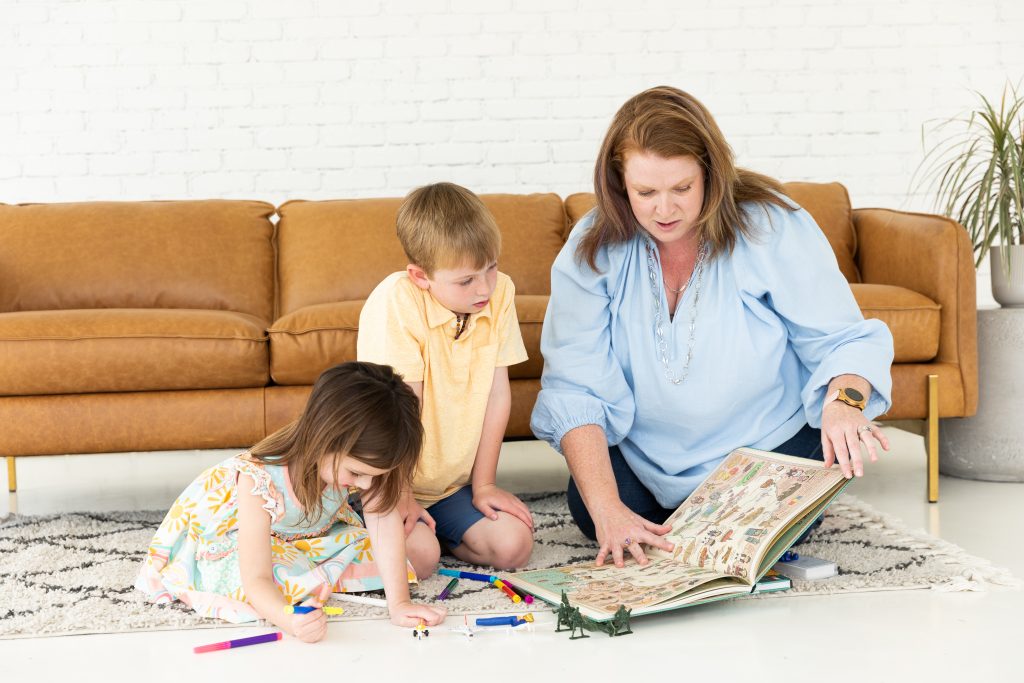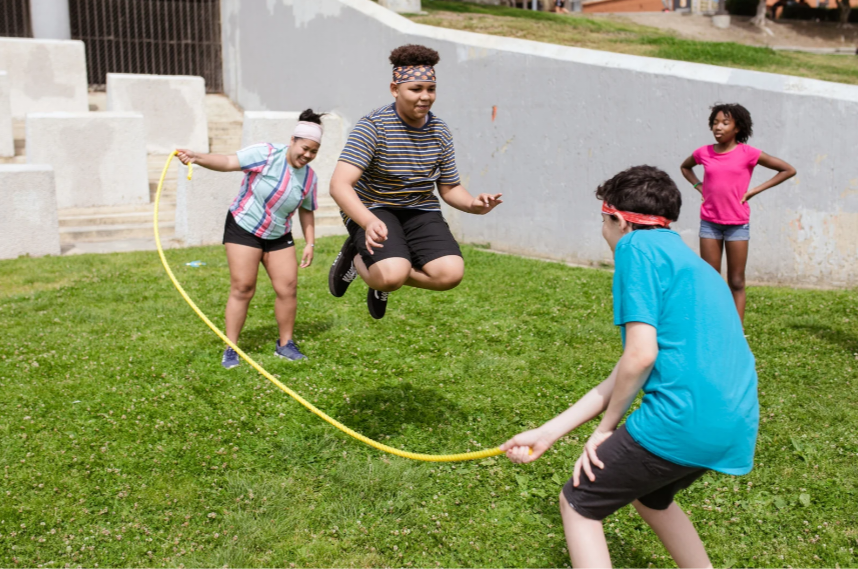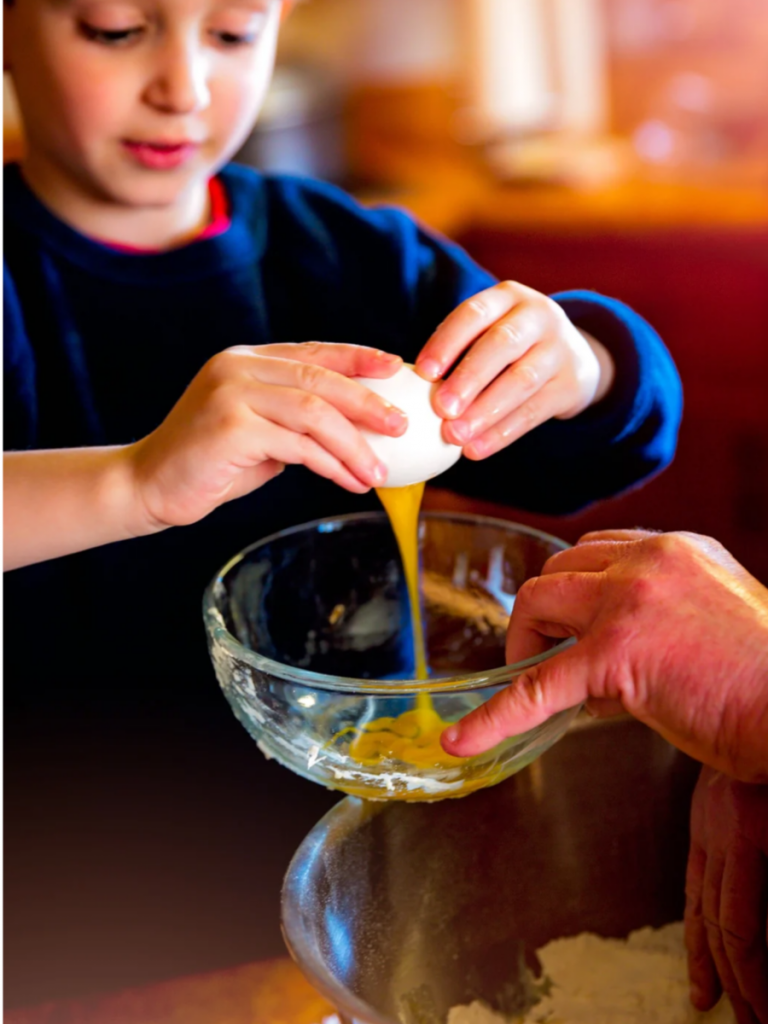As moms, we are no strangers to an endless assault of questions. What are we doing today? Why does poop smell bad? Do flamingos sleep standing up? We answer each question with a bag full of magical responses. But then they ask hard questions, like, “Why is there war?”
It’s our responsibility to help our kids navigate big topics and answer their questions in relatable ways. As a mother of a five-year-old and seven-year-old, I am no stranger to difficult questions. Here is a list of ways our household has had success talking about the war in Ukraine with our kids.

Talk to your kids while playing together.
When children play, they stimulate parts of the brain that create connections. This is why play therapy can be so important. Kids process through play.
Whether you want to introduce the topic of war to your kids or feel it’s time to answer their questions, sit down on the floor and grab some toys and talk while you play. Not only do you get to connect with your kids on their level, you also have a handful of props to use.
Introduce concepts using terms that your kids understand.
Kids understand big concepts when you relate them to activities they do. When I talk about global politics, I often refer to countries as kids on the playground. Some of the kids are bigger or older. Others are smaller or younger. Some are helpers and make friends, while others are bullies and order kids around. There are kids who obey the rules, and others who want to control the game. Do we like to play on the playground? Yes. But is the playground always fair? No.

Share information with your kids using short statements.
Kids understand far more than we give them credit for; they comprehend best when we use short statements of fact. And with all big topics, adults have a tendency to over complicate things, so try using simple statements, like the following:
- What happened? Russia invaded Ukraine.
- Did Ukraine want them there? They are not welcome.
- Are we helping? Many countries, including the U.S., are helping Ukraine.
- Will they stop? Many tools are being used to make Russia stop.
You don’t have to be an expert in the war to answer their questions, but you have to be willing to thoughtfully respond.
Introduce Ukrainian & Russian culture to your kids.
Cultural appreciation enables children to develop deeper connections and can reduce anxiety over the unknown. Russia and Ukraine both have a rich heritage and a beautiful culture to explore. Some fun and easy ways to introduce your kids to culture include:
Learn the language.
Language is the carrier of culture…and it’s fun! Just ask Alexa how to say “hello” or “goodbye” or “thank you” in Ukrainian and Russian. My Star Wars-obsessed kids even asked Alexa to teach them “I am your father” (“YA tviy bat’ko” in Ukrainian).
Get in the kitchen and cook.
Food is an outward expression of identity—who doesn’t have a favorite family recipe? So, pull out those mixing bowls and give Kutia (Ukranian Wheat Berry Pudding) or Syrniki (Russian Cheese Pancakes)a try!

Grab a curated country box.
Companies like In KIDZ and Little Global Citizens have country-specific activity boxes that are mailed to your doorstep. Each box contains crafts, books, recipes, and factoids that give your kiddos hands-on learning about other cultures.
Talk with your kids about how they can help.
The topic of war brings up big emotions. If you find your kids expressing concern, lead them to ways they can help. Together, discuss the existing needs and identify how they could help fulfill those needs. If they want to give money, help them set up a lemonade stand. If they want to send toys, help them set up a toy drive. Expressing compassion through action gives them control despite the uncertainty. Here is a great list of Ukraine relief organizations.
I encourage you to take time to listen to and answer their questions. Talking to your kids about the war in Ukraine will reduce their fears and give them confidence. And you never know what kind of interest you will spark to learn more together! After all, we are raising the next generation of global citizens.













